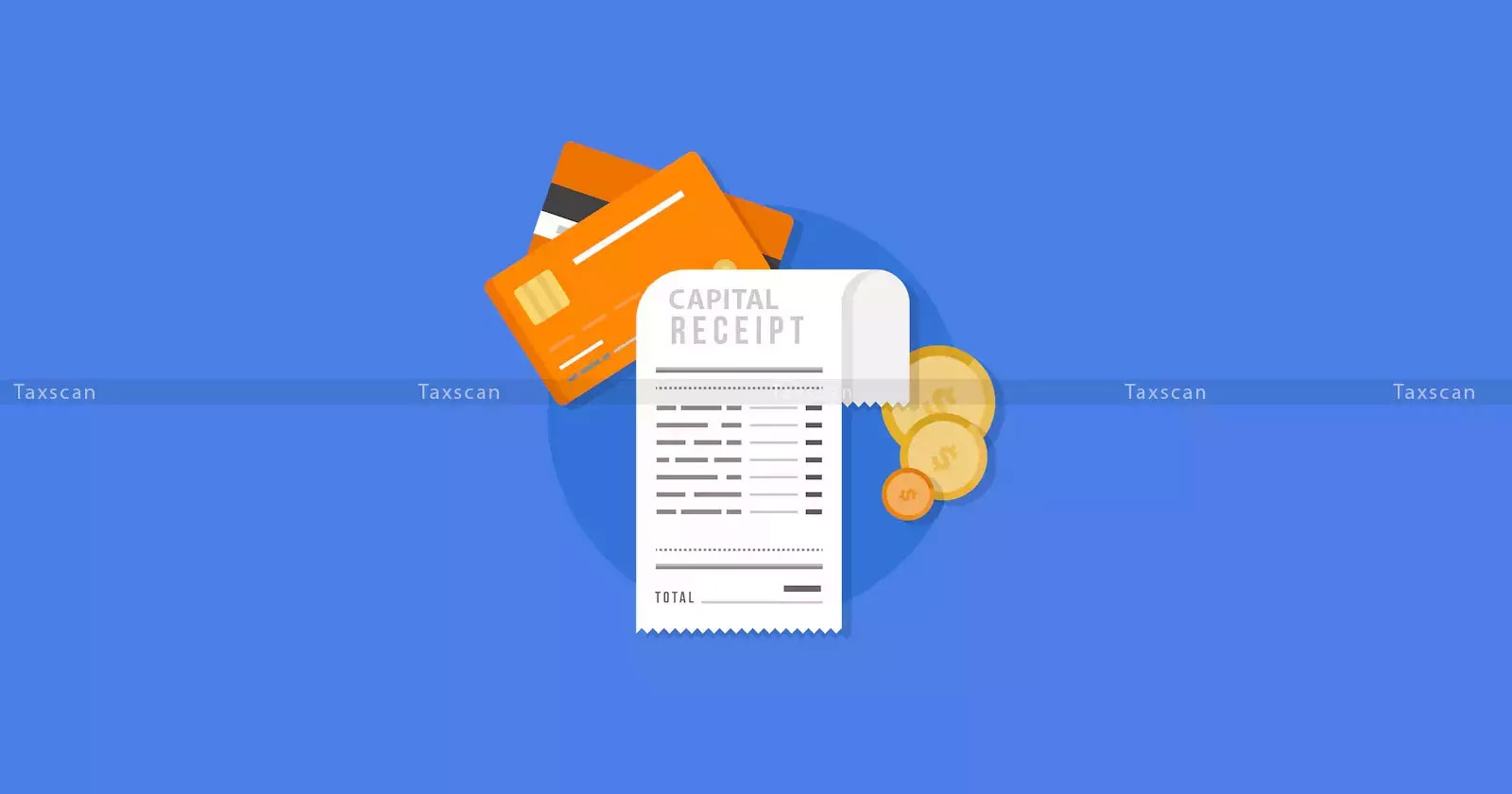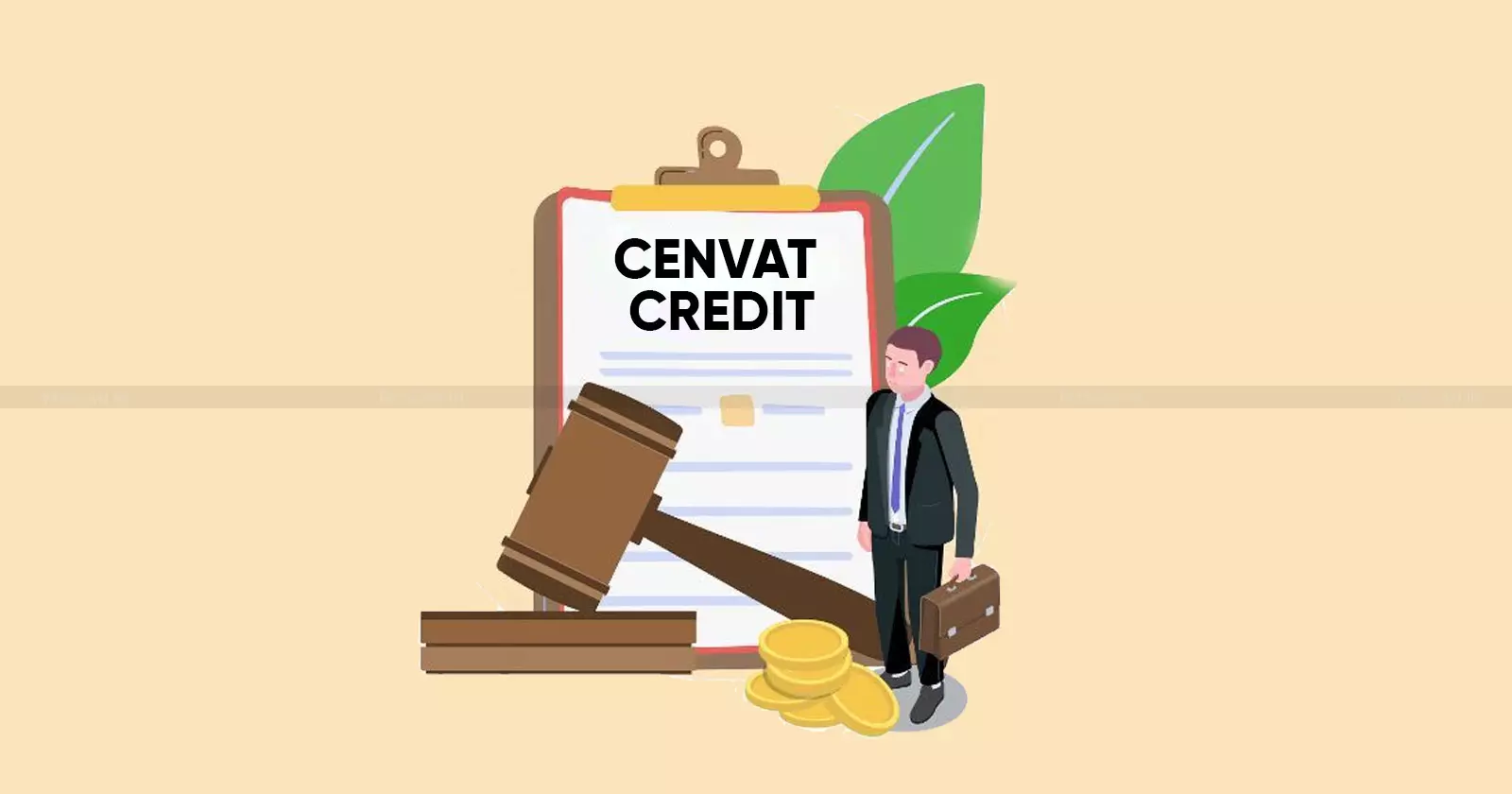Rule 25(1) of Central Excise Applies Only for Removal or Accounting Violations, Not for Facilitation of Fake Credit: CESTAT [Read Order]
CESTAT holds that penalty under Rule 25(1) applies only for removal or accounting violations, not for facilitating fake credit transactions.
![Rule 25(1) of Central Excise Applies Only for Removal or Accounting Violations, Not for Facilitation of Fake Credit: CESTAT [Read Order] Rule 25(1) of Central Excise Applies Only for Removal or Accounting Violations, Not for Facilitation of Fake Credit: CESTAT [Read Order]](https://images.taxscan.in/h-upload/2025/10/04/2093772-fake-credit-penalty-taxscan.webp)
The Chandigarh Bench of the Customs, Excise, and Service Tax Appellate Tribunal (CESTAT) ruled that penalty under Rule 25(1) of the Central Excise Rules, 2002 applies only to cases involving removal of excisable goods in contravention of law or accounting violations, and cannot be invoked for alleged facilitation of fake credit.
Bhupindra Industries, the appellant, is a manufacturer registered under the Central Excise law.
The department issued two show cause notices proposing penalty under Rule 25(1) read with Section 11AC of the Central Excise Act, 1944, alleging that the appellant had connived with Modi Alloys & Metallics Pvt. Ltd. to pass on fraudulent Cenvat credit through invoices without actual supply of goods.
The adjudicating authority imposed a penalty of Rs. 8,52,404 and the Commissioner (Appeals) upheld the order. Aggrieved, the appellant approached the CESTAT.
3000 Illustrations, Case Studies & Examples for Ind-AS & IFRS, Click Here
 Also Read:Compensation for Surrendering Tenancy Rights is a Capital Receipt, Not a Service: CESTAT [Read Order]
Also Read:Compensation for Surrendering Tenancy Rights is a Capital Receipt, Not a Service: CESTAT [Read Order]
The appellant’s counsel argued that Rule 25(1) applies only when excisable goods are removed in contravention of the rules, are not accounted for, or are produced without registration. He explained that the appellant had actually supplied goods to Modi Alloys under excisable invoices and received payment through banking channels. The counsel pointed out that there was no evidence of non-supply of goods or of any alternative buyer.
The appellant’s counsel further argued that even if the allegation of facilitating fake credit was accepted, penalty could be imposed only under Rule 26(2), not under Rule 25(1). He relied on the Punjab and Haryana High Court decision in CCE v. Mini Steel Traders, which held that penal provisions for issuing invoices without supply of goods were specifically introduced by inserting Rule 26(2) with effect from 1 March 2007.
The revenue counsel argued that the appellant had participated in a scheme to pass on inadmissible credit and supported the orders of the lower authorities.
 Also Read:Credit Availed Beyond One Year from Date of Invoice Inadmissible Under Rule 4(1) of Cenvat Credit Rules: CESTAT [Read Order]
Also Read:Credit Availed Beyond One Year from Date of Invoice Inadmissible Under Rule 4(1) of Cenvat Credit Rules: CESTAT [Read Order]
Tax Planning For Trusts and cooperation Societies - Click Here
The bench comprising S. S. Garg (Judicial Member) observed that the appellant had supplied goods under duty-paid invoices and received payment through banking channels. The tribunal observed that the department had not established that the goods were not supplied or identified any alternative destination for the goods.
It further observed that Rule 25(1) could not be invoked since there was no finding of removal of goods in contravention of law or any accounting violation. The tribunal explained that even if there was facilitation of credit, the proper provision would be Rule 26(2), which had not been invoked.
The tribunal concluded that the penalty imposed under Rule 25(1) read with Section 11AC was unsustainable and set aside the impugned order. The appeal was allowed with consequential relief.
Support our journalism by subscribing to Taxscan premium. Follow us on Telegram for quick updates


